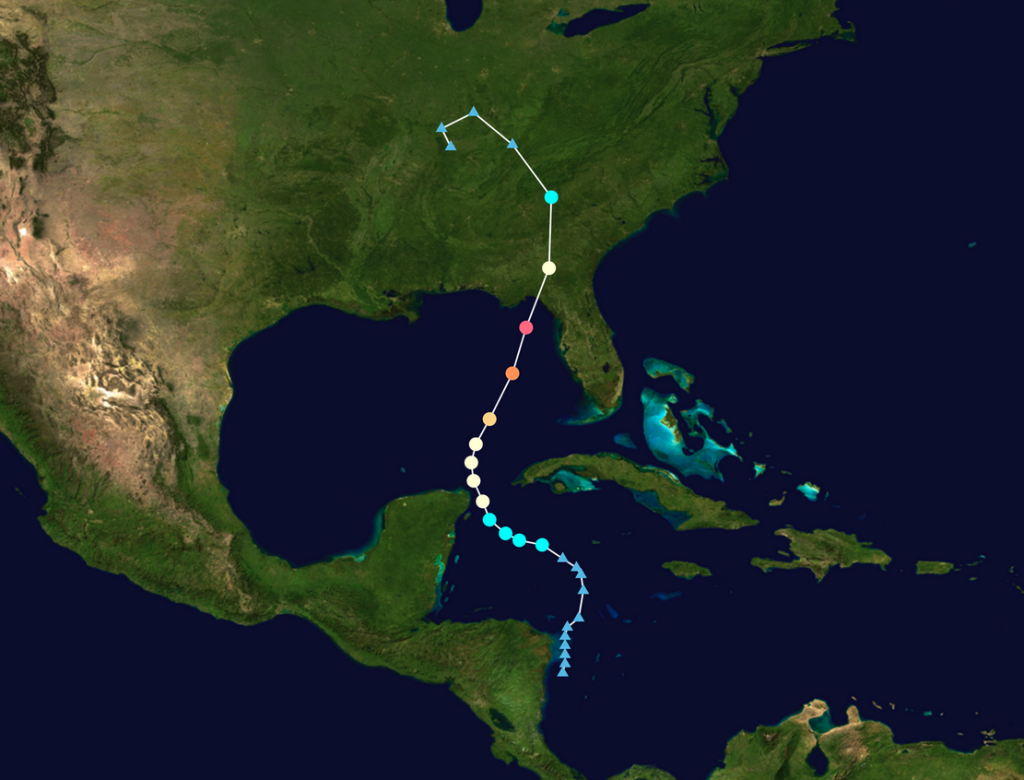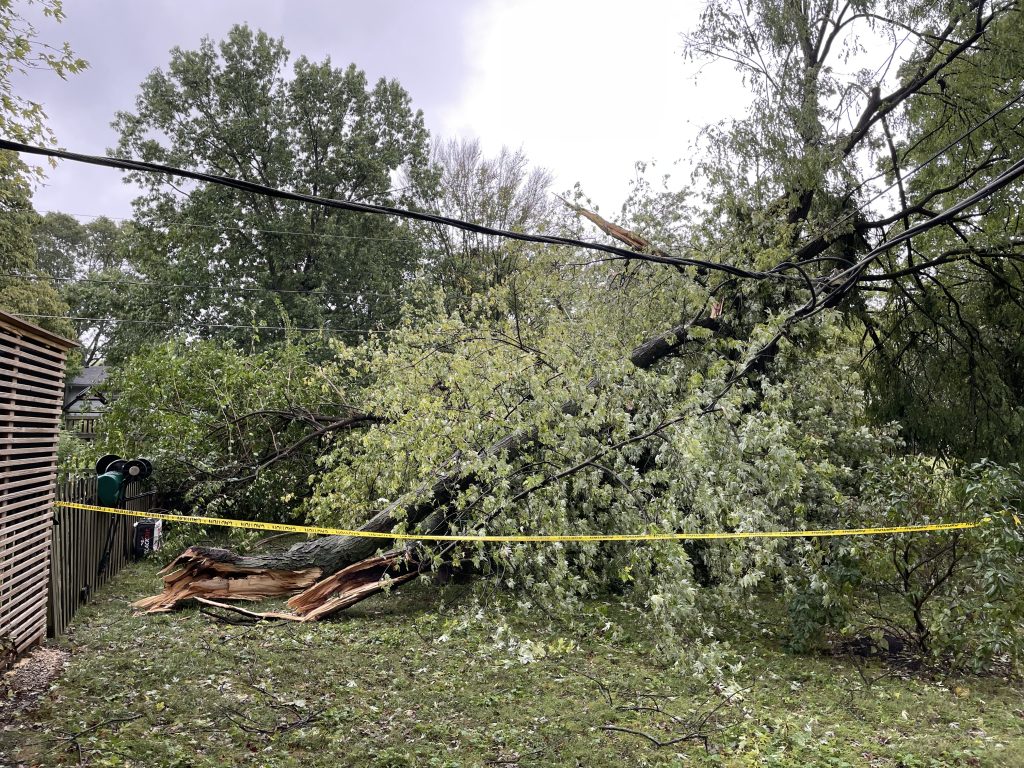Here’s a rhetorical hypothetical. If you needed to buy a product, would you choose between:
- A more powerful and easier to use appliance that requires minimal maintenance and doesn’t leak fluids, stink, or require constant repurchasing of other fluids to keep it running, or…
- A less powerful and less easy to use appliance that requires constant maintenance and leaks fluids, stinks, and requires constant repurchasing of fluids to keep it running.
I phrase the question this way because it removes all emotion from the decision. Of course you would choose the first option. But if we add emotion to the equation, well then things get a little more complicated.
The scenario in question of course, which I did not intend to camouflage, is whether or not to buy an electric appliance or one that is gas-powered. See, now emotion is involved. Because, would I rather have a Tesla Model S or a Ford Mustang Mach 1? Yeah, the Tesla would certainly suit my lifestyle better, but they’re driven by colossal douchbags, and the Mach 1 is super badass.
So it was that I stupidly bought a 2-cycle Craftsman chainsaw. This POS:
The need arose from the Helene disaster in my backyard. But really – fuck this thing. It got maybe 2 hours of combined use and then refused to start. Premixed expensive fuel be damned. I even wasted money on a chain upgrade.
So why did I buy this? Because, even despite my growing collection of electric yard work appliances, I still maintained an inaccurate mental prejudice against battery power. I didn’t think anything but gas power could offer the performance I needed, or the length operational time. In my defense, however, batteries have come a long way since I started using lawn equipment in the 90s.
Lesson learned, I returned it and bought this instead:
Granted, it was 3x the price, but it has not disappointed. In fact, it has more power than the gas, and while top-end professional lumberjack models still probably run on gas and out-perform electric, for my less intense residential needs, electric is the way to go. And as outlined in my hypothetical, it maintains all the perks therein.
There are really only two logical reasons to buy gas equipment anymore: if you need the highest-power of applications (gas still seems to hold the advantage, even in cars, but we’re talking cars that need speeds I’ll never drive myself), and total power per price point (gas is cheaper for now in terms of upfront cost).
And there are two emotional reasons to buy gas equipment: some mental hangup on their coolness or traditional value, and political brainwashing (the people who still believe EVs are more harmful to the environment than ICEs).
My final thoughts here are to consider electric first. Chances are the upfront cost premium will more than make up for the frustrations and maintenance costs down the road for gas-powered alternatives. And if you’re at the age where you can afford these appliances, you should be past worrying about the coolness factor. And if you buy in to anti-electric political agendas, that’s only forestalling the inevitable technology shift anyway.
These are lessons that I had to learn again for some reason.
Gas is antiquated technology. You’re almost always better off buying electric.
–Simon




